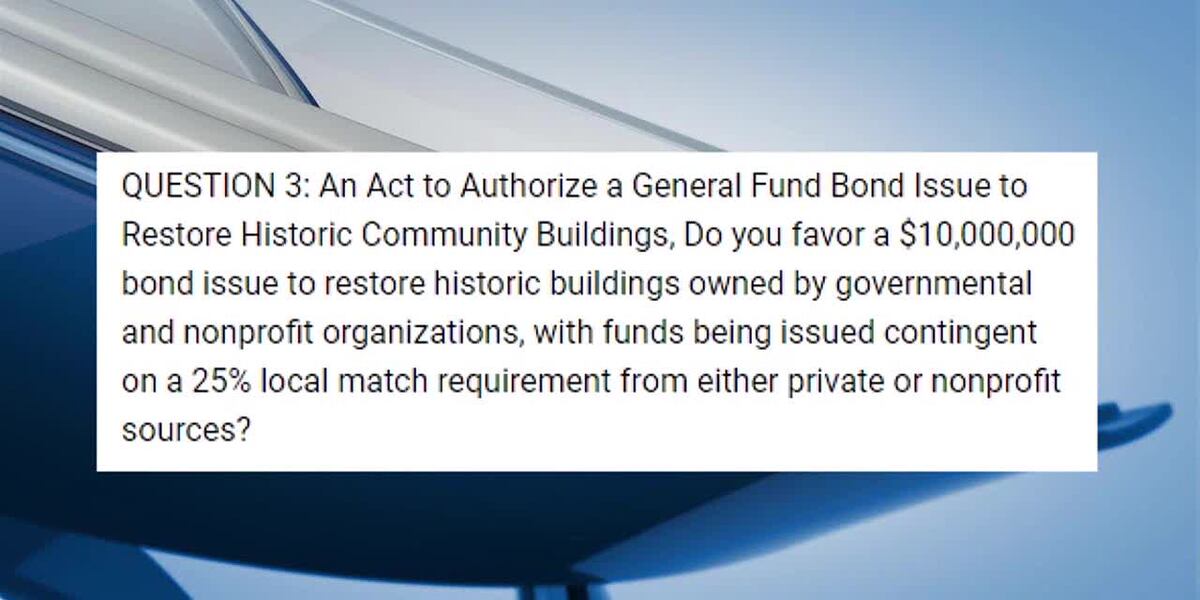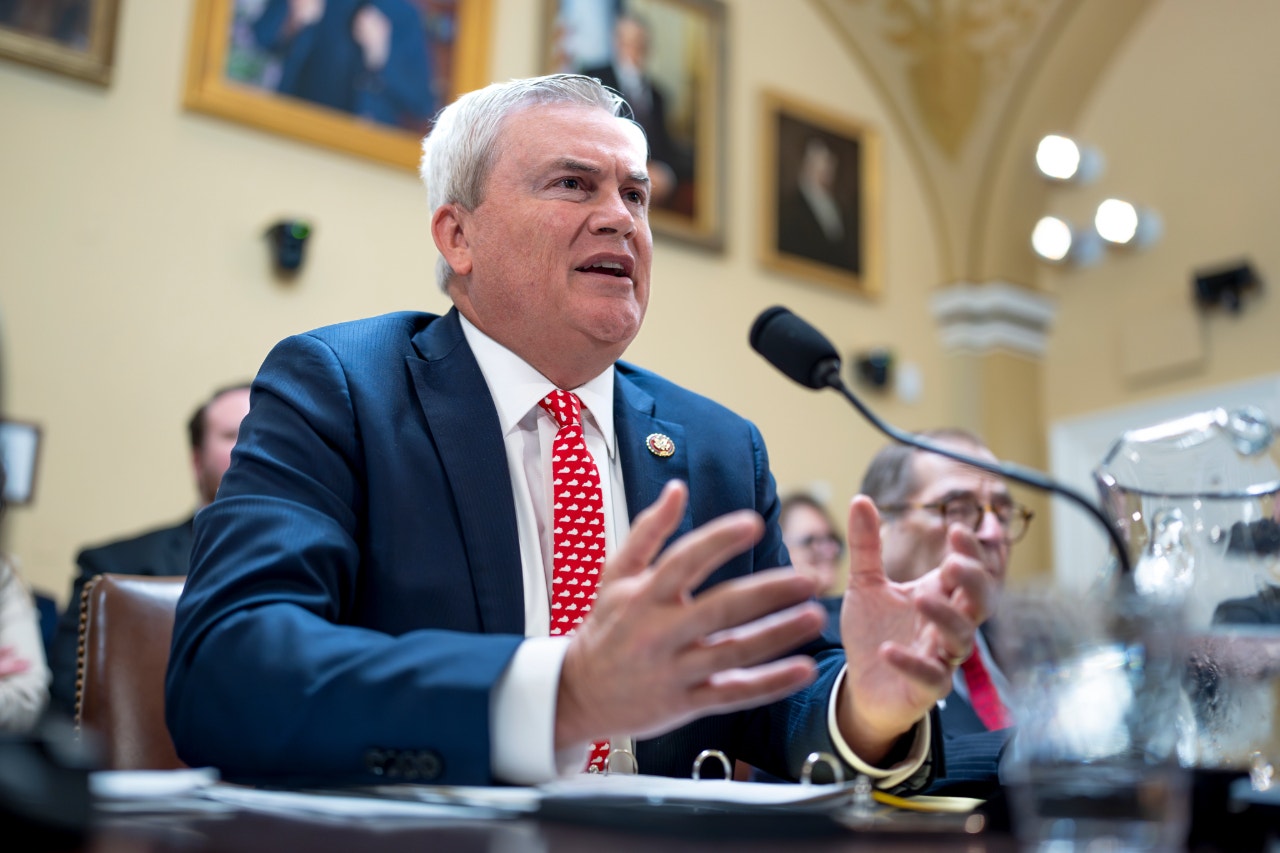North Carolina
Ronnie Long, North Carolina man who spent 44 years in prison after wrongful conviction, awarded $25M settlement

A North Carolina man who served more than 44 years in prison after being wrongfully convicted in 1976 has reached a historic $25 million combined settlement in a civil lawsuit, his attorneys said Tuesday.
Ronnie Long, 68, settled a civil lawsuit against the city of Concord, North Carolina, about 25 miles northeast of Charlotte, and the North Carolina State Bureau of Investigation, according to Duke Law School’s Wrongful Convictions Clinic. Long’s total settlement includes $22 million from the city and a previous $3 million settlement with the State Bureau of Investigation.
The clinic, which represents Long, said the settlement is the second-largest wrongful conviction settlement ever recorded. The settlement puts an end to the wrongful incarceration lawsuit that was filed by Long’s attorneys in 2021 and also included a public apology from the city of Concord.
Sonya Pfeiffer, one of Long’s attorneys, noted the rare apology and told USA TODAY that it was crucial for Long’s healing process and vital to the settlement. The city acknowledged Tuesday its responsibility for the “significant errors in judgment and willful misconduct by previous city employees that led to Long’s wrongful conviction and imprisonment.”
“We are deeply remorseful for the past wrongs that caused tremendous harm to Mr. Long, his family, friends, and our community,” the Concord City Council said in a statement. “While there are no measures to fully restore to Mr. Long and his family all that was taken from them, through this agreement we are doing everything in our power to right the past wrongs and take responsibility.”
Glynn Simmons case: Oklahoma judge rules Glynn Simmons, man who wrongfully spent nearly 50 years in prison for murder, is innocent
What happened to Ronnie Long?
Long, who is Black, was convicted by an all-white jury in 1976 for the rape of a “prominent white woman” in Concord, according to the Wrongful Convictions Clinic. The jury had been selected by local law enforcement leaders, who removed potential Black jurors from the jury pool, the clinic said.
Despite no physical evidence connecting Long to the rape and burglary, he was accused of, his attorneys said the prosecution used the victim’s identification of Long as their main piece of evidence.
But the prosecution’s evidence “was the product of a suggestive identification procedure arranged by the police to target Long, who did not match her original description of the assailant as a ‘yellow or really light-skinned Black male,’” the clinic said.
Evidence collected from the crime scene and a local hospital, including more than 40 fingerprints that did not match Long’s and a rape kit, were not shared with the defense, according to the clinic. At the time of trial, Concord Police Department officers gave false testimony about the evidence.
Long, 21 at the time, received two life sentences. After serving 44 years, 3 months and 17 days in prison, he was released in 2020.
‘He can never get this time back’
Long had appealed his case in February 2020 and a federal appeals court ruled that Long’s due process rights were violated at his trial, according to the clinic. Long’s conviction was then vacated and he was released from prison on Aug. 27, 2020.
Later that year, North Carolina Gov. Roy Cooper granted him a full pardon of innocence. In 2021, a state commission awarded Long $750,000 as compensation for victims of wrongful incarceration. He then sued in federal court in Raleigh, North Carolina, The Associated Press reported.
“No amount of money will ever compensate Ronnie Long for the 44 years he spent incarcerated and the indifference of numerous elected officials who fought to keep him incarcerated despite overwhelming evidence of his innocence,” Jamie Lau, a Duke Law clinical professor and Long’s criminal attorney, said in a statement Tuesday.
“While he was in prison his parents passed away; he missed birthdays, graduations, funerals, and other important events that mark a person’s life,” Lau added. “He can never get this time back.”
‘Cannot undo the trauma’: Wrongfully convicted Minnesota man set free after nearly 2 decades in prison
Exonerations across the U.S.
Since 1989, there have been over 3,400 exonerations, where exonerated people spent more than 31,000 years in prison for crimes they did not commit, according to the National Registry of Exonerations.
The number of exonerations has also grown by almost 70% since 2017 — 3,200 compared to 1,900 — the registry said in its 2022 report on wrongful convictions in the United States.
The report noted racial disparities in major crime categories and reported that Black people comprise 53% of the 3,200 exonerations listed in the registry. According to the Equal Justice Initiative, false accusations and faulty forensics are some of the main causes of wrongful convictions.
“Judging from exonerations, innocent Black Americans are seven times more likely than white Americans to be falsely convicted of serious crimes,” the report added.

North Carolina
‘On the razor’s edge’: How North Carolina could decide the US presidency

About 20 years ago, in the early 2000s, Paul Shumaker’s party began experiencing a troubling trend.
Shumaker, a Republican operative with a classic Carolinian drawl, laid it out for Al Jazeera in stark terms: Republican registration started declining, while the number of “unaffiliated” voters gradually rose.
“Now there are no liberal Republicans left, and there are fewer moderate Republicans, too,” Shumaker said.
He shared data showing how both major parties, Republicans and Democrats, have, in total, invested more than $147m in the state over the last 10 years — but even that couldn’t stop an “explosion” of unaffiliated voters, who are now the clear majority.
Of the 8.5 million voters in North Carolina this year, approximately 38 percent are registered as “unaffiliated”. That dwarfs the 32 percent who identify as Democrat and the 30 percent who say they’re Republican.
This explosion of “unaffiliated” voters dovetails with larger demographic trends showing Americans bucking traditional party labels, adding to the unpredictability of elections.
However, that doesn’t mean “unaffiliated” voters will opt for a third-party candidate. Surveys have shown that the majority of independent voters do, in fact, “lean” consistently towards either the Republican side or the Democrats.
Which is to say, they’re very much up for grabs — and in demand — by the two major parties.
“Neither party can win without building a coalition for unaffiliated voters,” Shumaker said.
Republicans, he explained, need to appeal to unaffiliated voters in the suburbs and cities — two areas Democrats are expected to win.
Democrats, meanwhile, are hoping to use “unaffiliated” voters to compensate for losses in their base. More than 2.4 million people in North Carolina registered as Democrat as of October 26 — down from more than 2.6 million at around the same point in the 2020 election cycle.
Party strategists like Jackson hope to make up the loss by appealing to voters in left-wing strongholds — typically urban centres — while holding ground in rural areas.
After all, North Carolina has the largest rural population in the US after Texas.
“People often say you have to lose by less in the rural areas, but that’s not true: You just have to stop the bleeding,” Jackson said. “If Kamala Harris holds [outgoing President] Joe Biden’s margins, she could have a shot.”
Mac McCorkle, a Democratic political consultant with a cheery, amiable aura, refers to unaffiliated voters as “precious” to his party. He believes only a small number of voters will decide whether North Carolina backs Harris or Trump.
“It’s not like 20 percent of the electorate can go either way,” he said. “We’re talking about a race that’ll be decided by one, two, three percent.”
North Carolina
North Carolina has a long ballot – spend some time schooling yourself • NC Newsline

If you’re one of the millions of North Carolinians who’ve yet to vote in this year’s election, there’s still ample time as early voting runs through this Saturday. Even if you still need to register, you can do so and vote
at the same time at any early voting site in your home county.
Those who wait till Election Day, must vote at their local precinct and already be registered.
Whenever you go, remember to bring a photo ID. The state Board of Elections website has information on how to get one for free if you don’t have one.
And here’s another thing to remember: the ballot this year is long. My Wake County ballot had 28 contests at the federal, state, and local levels.
And while you don’t have to vote in every race, you’re doing yourself and our community a disservice if you don’t. There’s a fine nonpartisan guide at ncvoterguide.org that can get you up to speed.
The bottom line: Voting is a civic duty for all good citizens. Take a few minutes ncvoterguide.org to prepare and to do your part.
For NC Newsline, I’m Rob Schofield.
North Carolina
Helene damage in western North Carolina leading to increased wildfire risk

Western North Carolina residents surveyed widespread storm damage to their neighborhoods on Sunday. Footage taken by @midwaymissle shows downed trees and broken branches in the town of Biltmore Forest.
Powerful winds from Helene knocked down large swaths of trees in western North Carolina, creating an environment susceptible to wildfires.
Helene wreaked havoc on the Tar Heel State in late September, producing historic floods and winds exceeding 100 mph.
Tens of thousands of trees fell and set the stage for a potentially dangerous situation for residents still dealing with destruction caused last month.
Community volunteers walk on a damaged bridge near downed trees in Black Mountain, North Carolina, on October 3, 2024, after the passage of Hurricane Helene.
(Allison Joyce / AFP / Getty Images)
North Carolina State University Professor of Forest Ecology Robert Scheller said this tree mortality resulted in tree debris, such as leaves and branches, that can dry up and become fuel for a wildfire.
“Any fire is limited by the amount of fuels to feed it,” Scheller said to FOX Weather. “Specifically, a wildfire needs that small material to really spread.”
NORTH CAROLINA CHRISTMAS TREE INDUSTRY RECOVERS FROM HELENE AS HOPE FOR HOLIDAY SUPPLY REMAINS STRONG
He noted that different types of trees have variable flammability. Pine trees are perhaps the most flammable type of tree, as pine needles have high levels of flammable resins.
Oak trees, he said, are likely the second-most flammable, adding that oak trees are the trees that dominate western North Carolina.

Downed trees after Helene in Old Fort, North Carolina.
(Allison Joyce / AFP / Getty Images)
With so much fuel for kindling from the downed trees, western North Carolina is poised to have an increased wildfire risk.
To mitigate this risk, officials may attempt to put in fuel breaks, or areas that serve as barriers in the landscape to prevent a fire from easily spreading.
However, taking that approach in western North Carolina would be challenging, given the rugged terrain of the area and the devastated infrastructure.
One alternative solution involves implementing burn bans, according to Scheller.

An aerial view of a car and trees destroyed by flooding wrought by Hurricane Helene on October 3, 2024 in Black Mountain, North Carolina.
(Mario Tama / Getty Images)
“We have to be careful,” he said. “Things are really dry right now, only getting drier. Where we need to be really careful is, on windy days, is to have a complete burn ban throughout that area.”
HOW TO WATCH FOX WEATHER
Scheller noted that the next few months may help lessen the risk of wildfires, as fuel from blown-down trees becomes wet with snow and then begins to decay.
However, taking action sooner rather than later, especially during these dry conditions, is critical.
-

 Movie Reviews1 week ago
Movie Reviews1 week agoAlien Country (2024) – Movie Review
-
/cdn.vox-cdn.com/uploads/chorus_asset/file/25431700/STK201_SAM_ALTMAN_CVIRGINIA_A.jpg)
/cdn.vox-cdn.com/uploads/chorus_asset/file/25431700/STK201_SAM_ALTMAN_CVIRGINIA_A.jpg) Technology7 days ago
Technology7 days agoOpenAI plans to release its next big AI model by December
-

 Health6 days ago
Health6 days agoNew cervical cancer treatment approach could reduce risk of death by 40%, trial results show
-

 Culture7 days ago
Culture7 days agoTop 45 MLB free agents for 2024-25 with contract predictions, team fits: Will Soto get $600M+?
-

 Sports5 days ago
Sports5 days agoFreddie Freeman's walk-off grand slam gives Dodgers Game 1 World Series win vs. Yankees
-
News5 days ago
Sikh separatist, targeted once for assassination, says India still trying to kill him
-

 Culture5 days ago
Culture5 days agoFreddie Freeman wallops his way into World Series history with walk-off slam that’ll float forever
-

 Technology4 days ago
Technology4 days agoWhen a Facebook friend request turns into a hacker’s trap




















